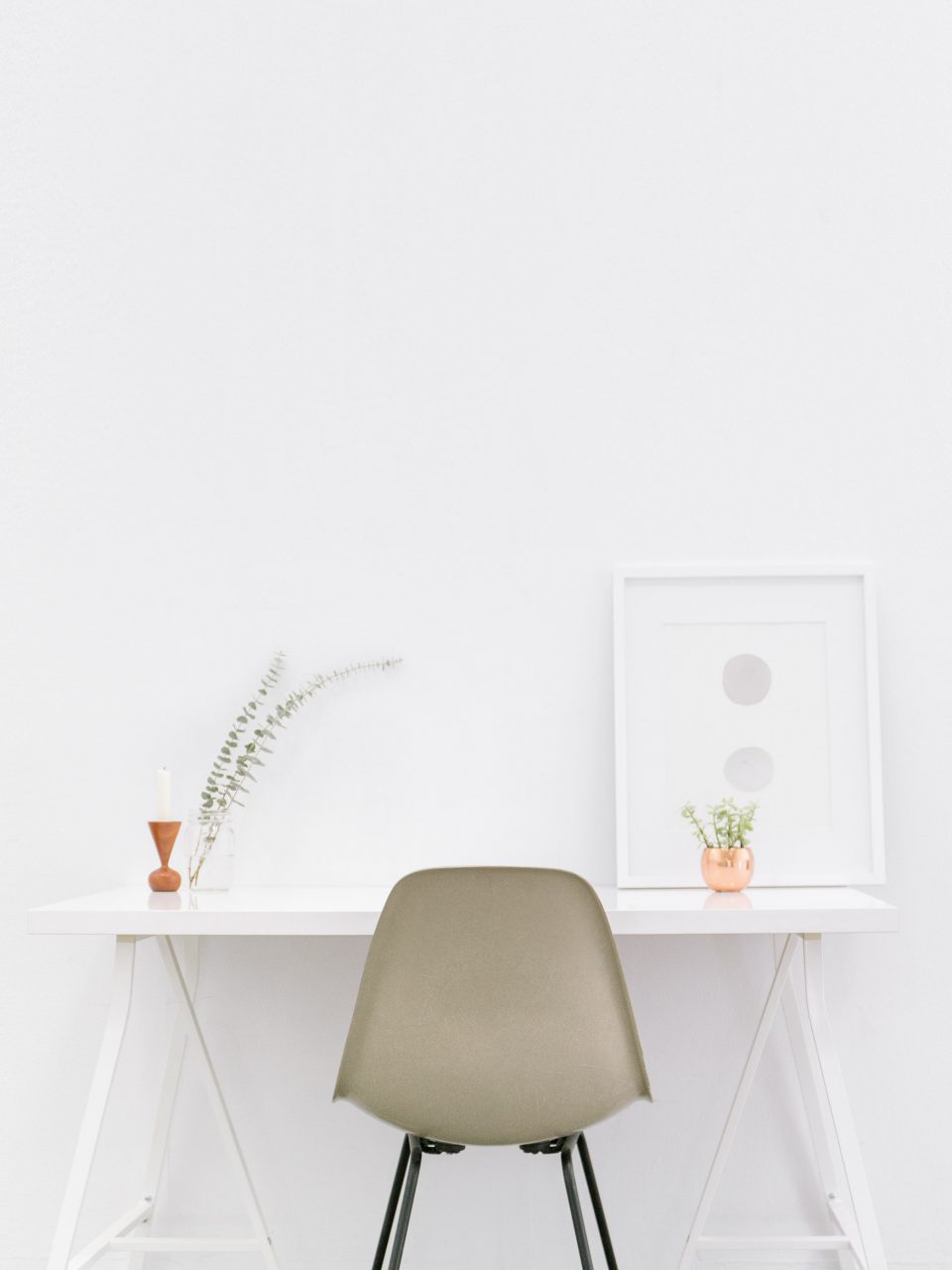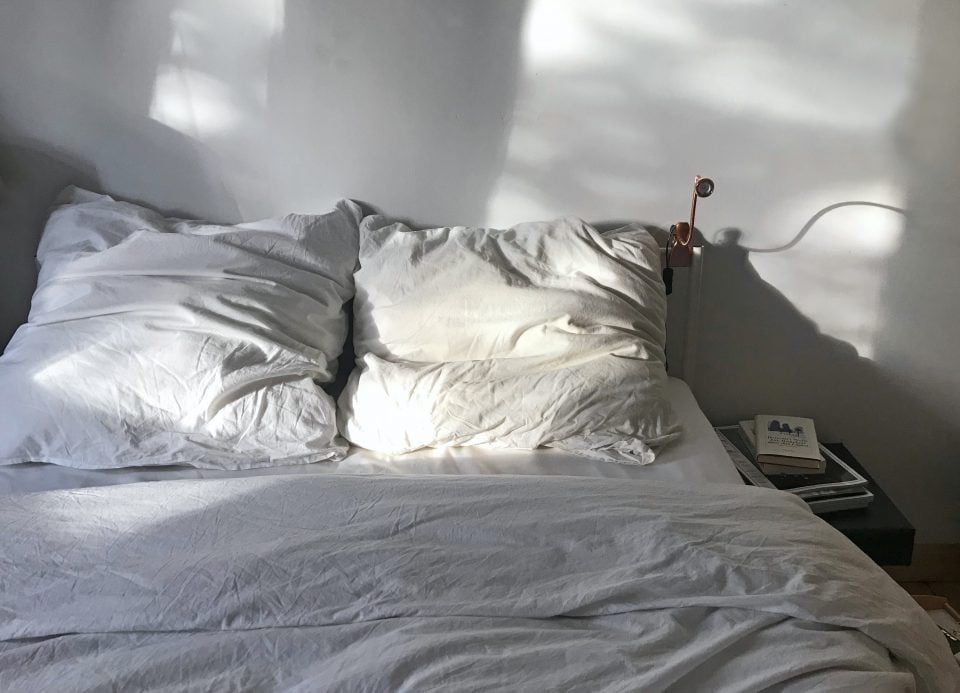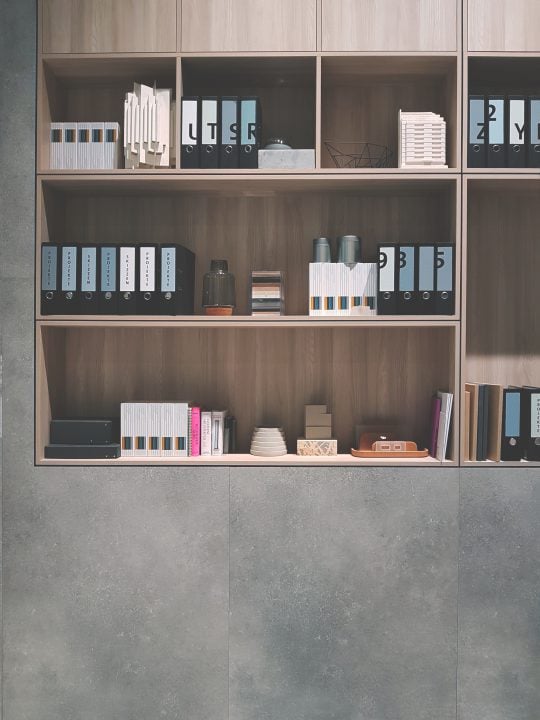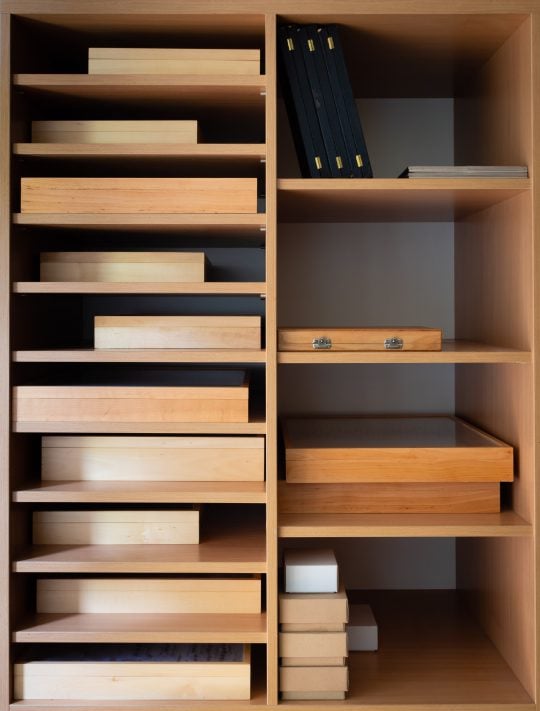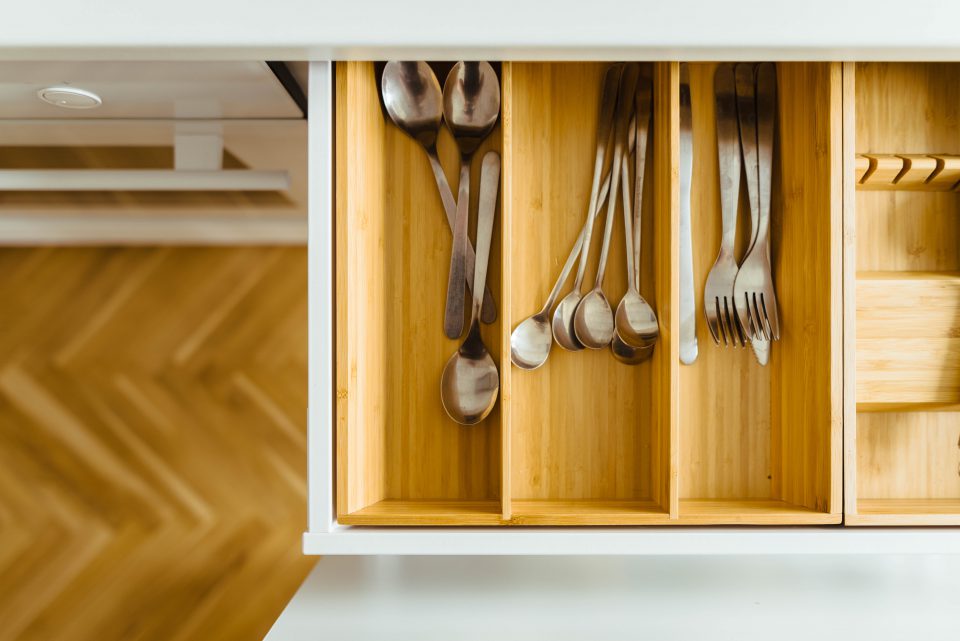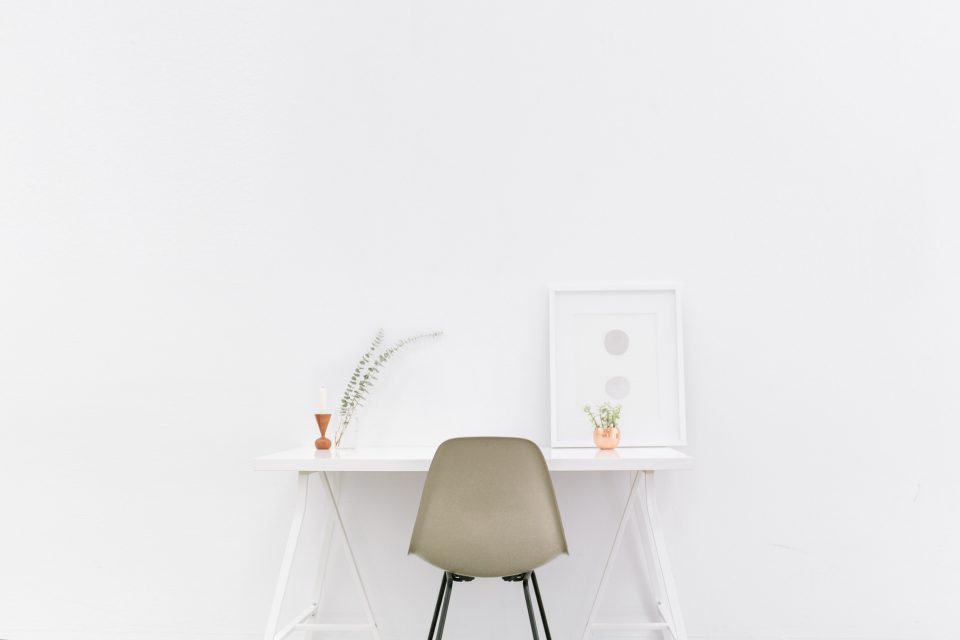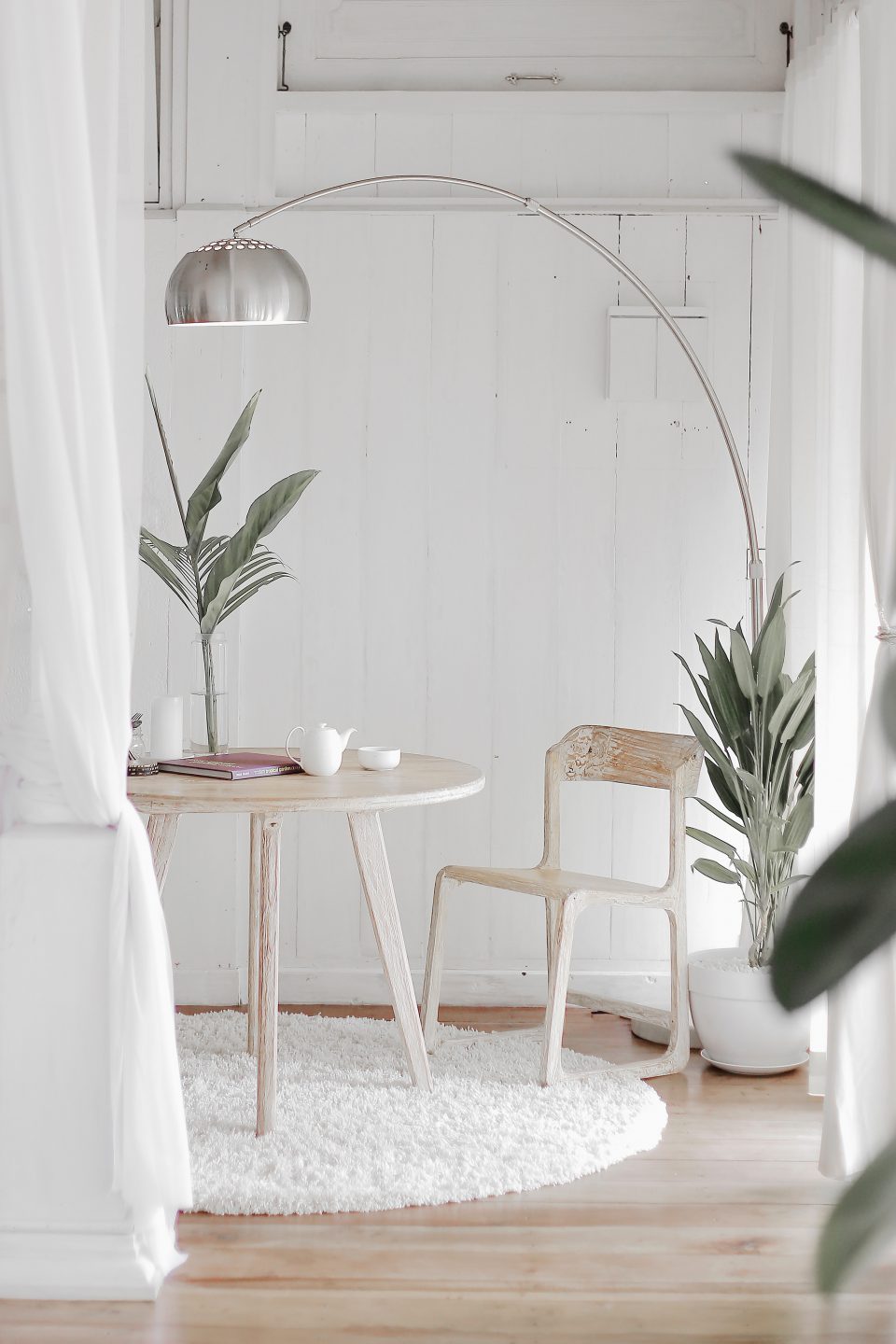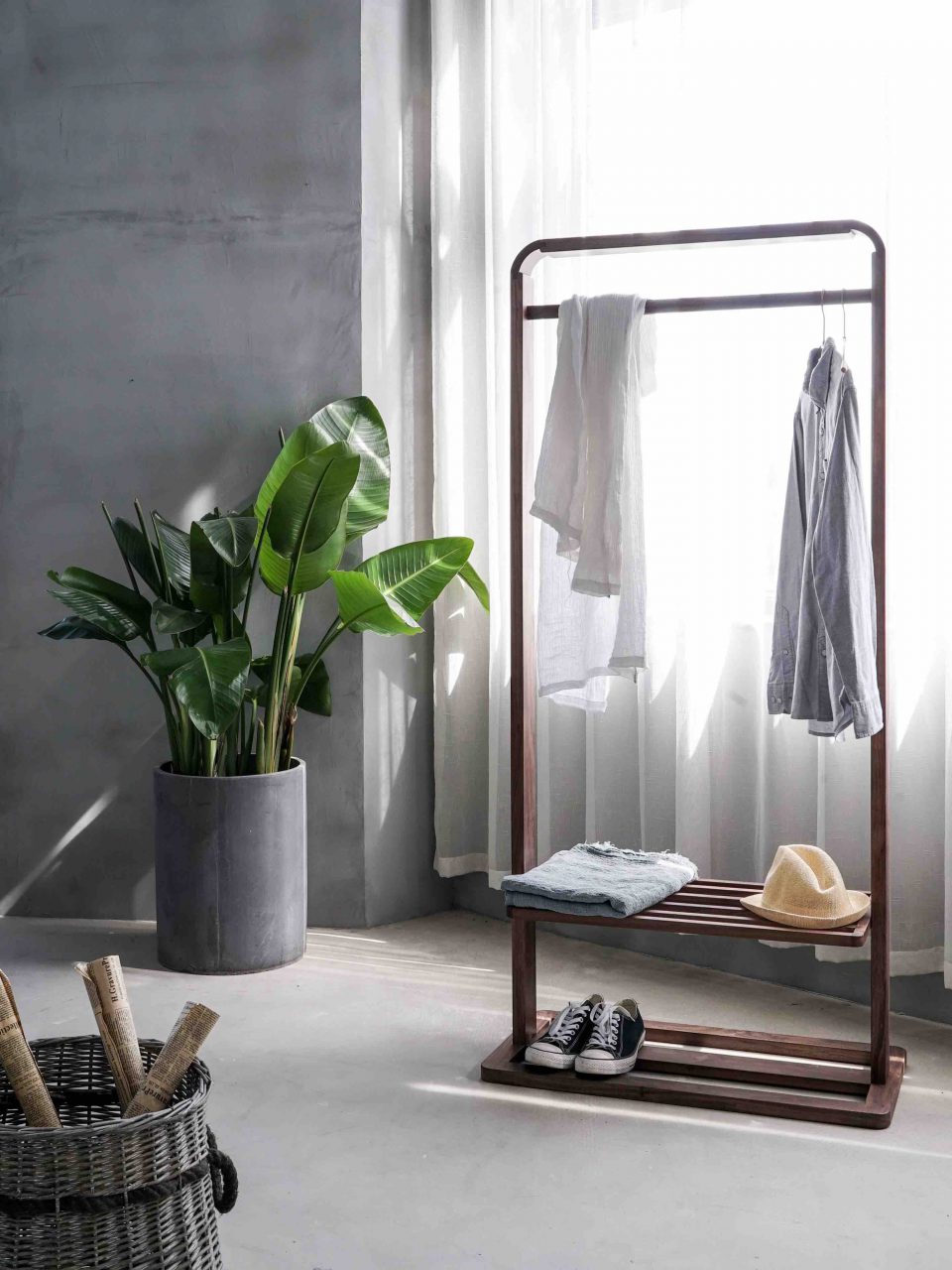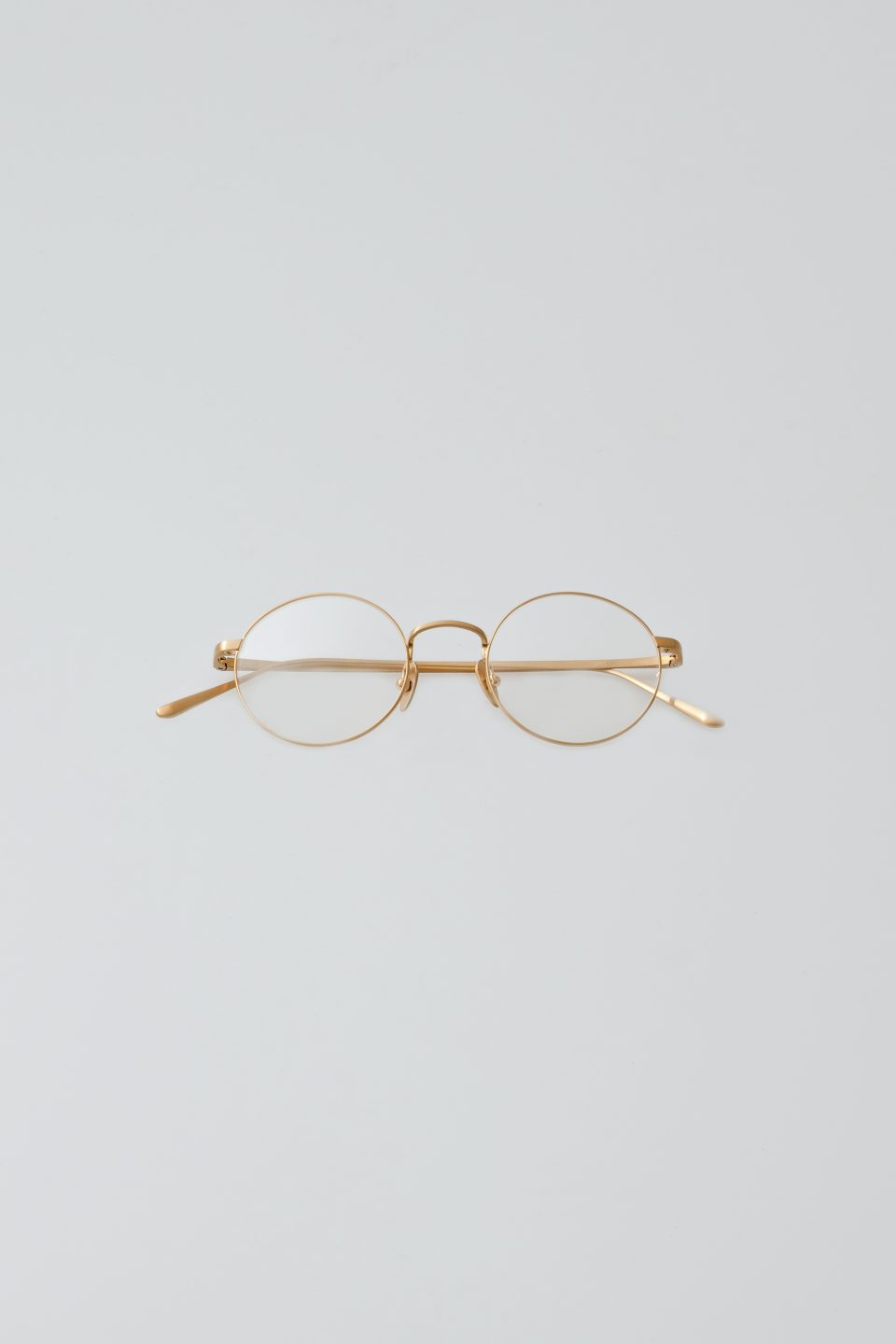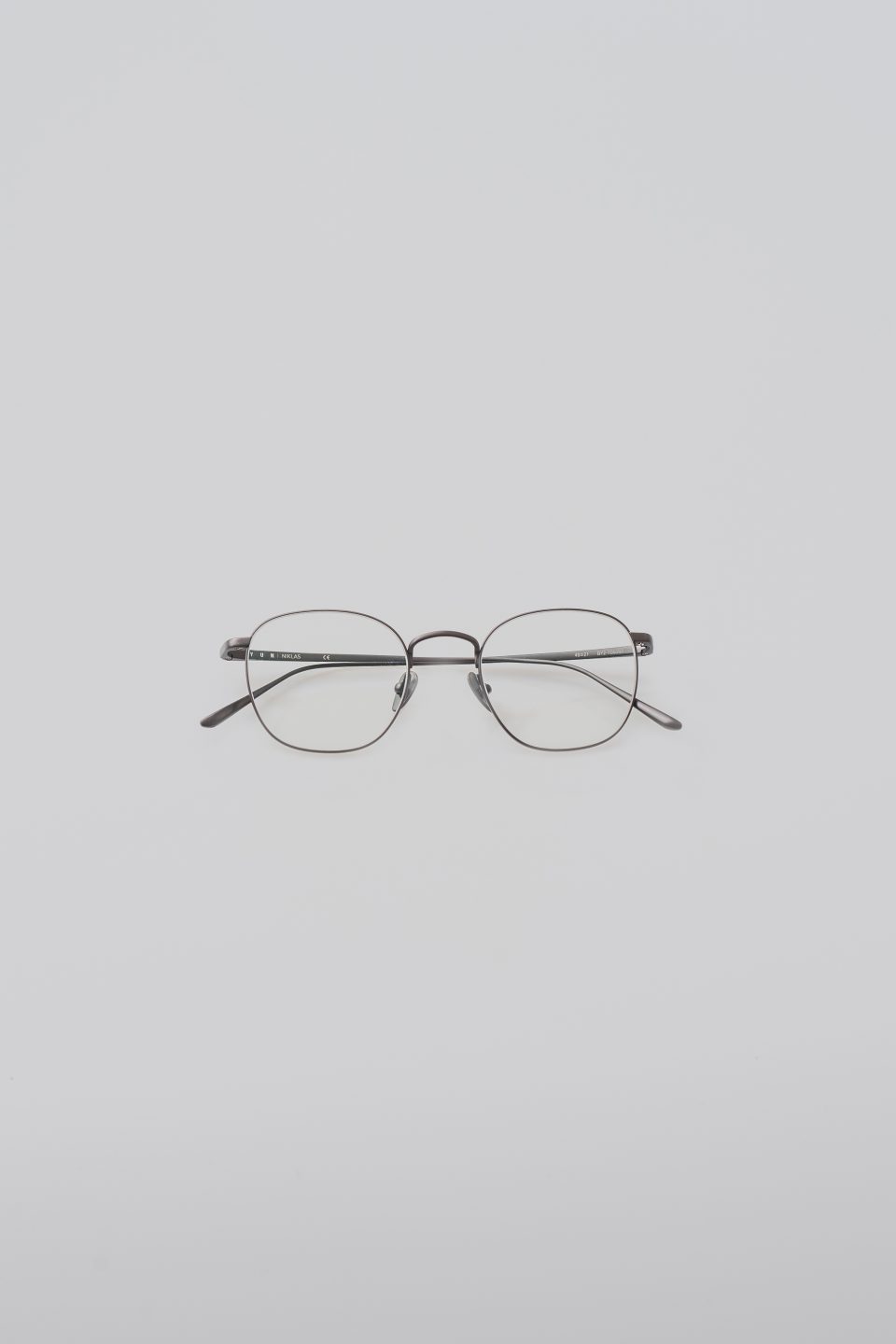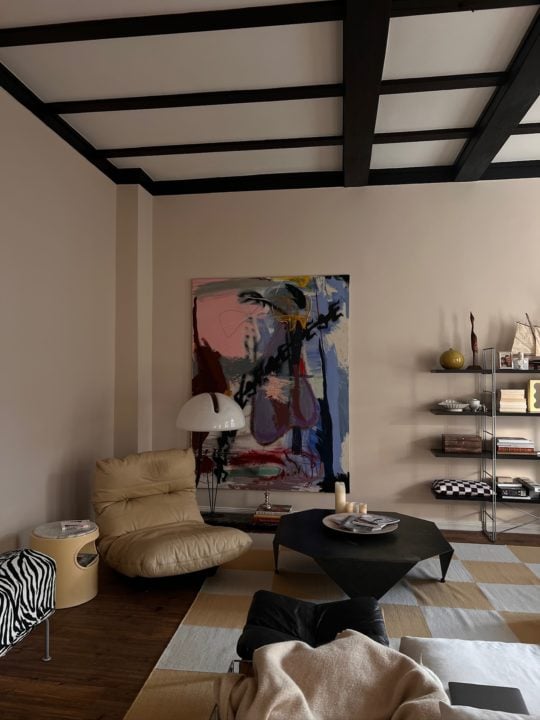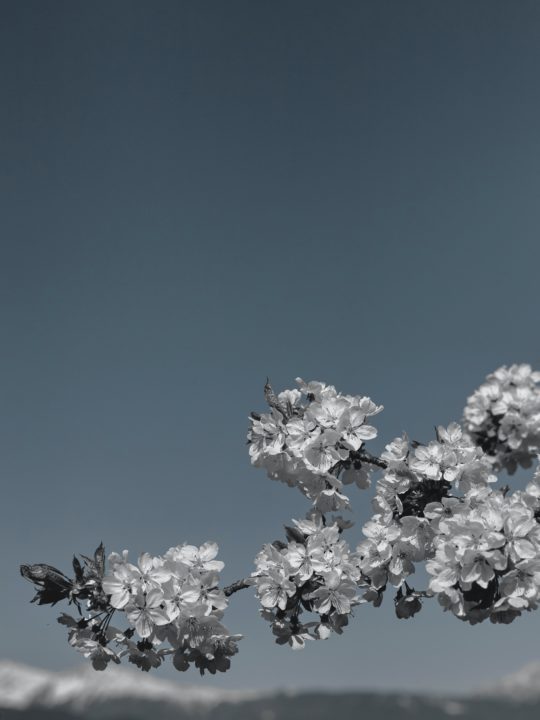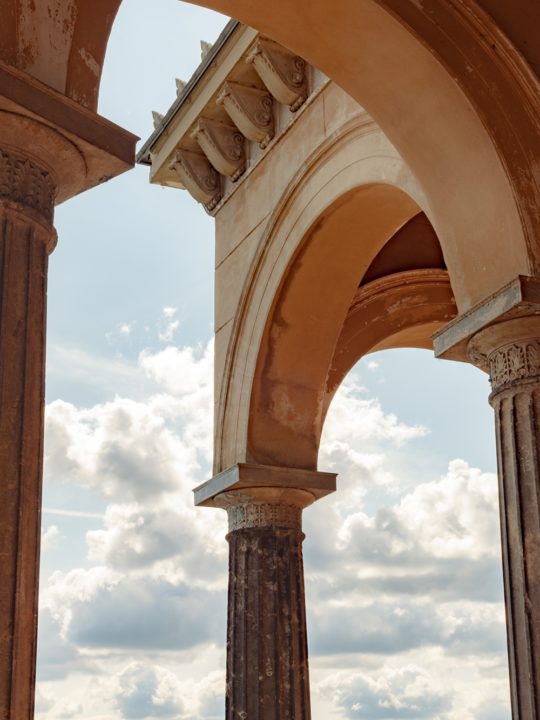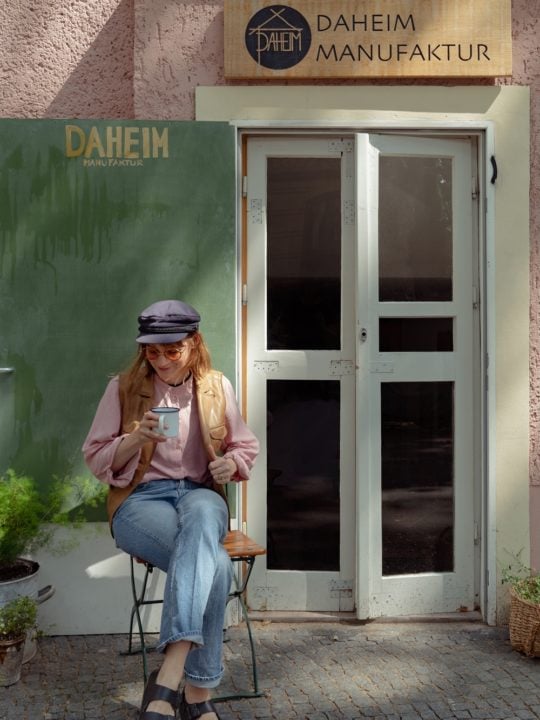THE LUXURY OF KEEPING IT SIMPLE
We discuss the best decluttering methods and look at the magic of tidying up or the KonMari method.
WORDS BY LAURA SODANO
Declutter your mind
In a world where we can theoretically have everything, what does luxury actually mean? Is it a room full of things, a huge house with several floors, bedrooms and bathrooms, the expensive car and a pool in the garden? Or is true luxury perhaps more about a fulfilled life full of friends, joys and experiences? Two approaches have become very popular these days, the KonMari method and the minimalism movement. As different as they may seem at first glance, they both have one fundamental thing in common: simplifying one’s life and freeing oneself from material ballast. Because what we possess has a decisive impact on our thoughts.
THE KONMARI METHOD OR THE LIFE-CHANGING MAGIC OF TIDYING UP
The Japanese-born author and tidying expert Marie Kondo has been dealing with the principles of organizing and tidying up since her early childhood. Her best selling book “The Life-Changing Magic of Tidying Up” made her one of the most popular experts in the field of decluttering worldwide. Her approach is as simple as efficient: a tidy home is less a result of permanent cleaning, but more about mindful living and the self discovery of its residents. Therefore the famous KonMari Method is based one single question: Does this item spark joy?
Marie Kondo believes that only things giving us a good and positive feeling should be kept in our homes. Items which do not speak to the heart get sorted out. So, getting started with the KonMarie Method first of all means imagining our very personal, ideal lifestyle. Who do we want to be? What do expect our life to be like? The answers we give, will create the setup we need to reduce our personal belongings in a next step. While other tidying up methods recommend to declutter and tidy up room by room, KonMari suggests a completely new category-by-category system starting with clothes, followed by books and documents, small goods and finally mementoes. Items we are not 100 % sure about can be stored in a special box for a later decision. As we take out every single item, as we look at it and feel it, we initiate our inner process of letting go. Letting go of everything that doesn‘t make us happy. Letting go of everything that puts pressure on us. Letting go to open our minds to new perspectives and ideas.
All things we are going to keep, will receive their very own place after that. Nothing is supposed to lay around again. And to keep the tidying up in the future as simple as possible Marie Kondo has invented a number of organization strategies, additionally, that help developing an effective and quick cleaning routine. Free time is precious and being mindful, introspective and forward-looking within our daily habits will positively affect how we deal with situations in general. In the end Marie Kondo‘s cleaning method is much more than just a list of practical advices. It‘s a philosophy based on preciseness and inner calmness, that helps us to focus on the things that really matter to us and enables us to make decisions with more confidence. So that we can finally live the life we always imagined.
LESS IS MORE. THE MINIMALISTS
The minimalism movement also deals with the idea of a simple life and owing less. But while many of us might first of all think about a radical minimisation of things and possessions, true Minimalism is much more about the opposite. It‘s about making room and creating space – for ideas, for creativity, for life-changing experiences.
The authors and documentary filmmakers, Joshua Fields Millburn & Ryan Nicodemus, have become two very popular ambassadors for the minimalism movement. With their numerous books and the Netflix-documentary “Minimalism“, the former career men claim themselves to have helped more than 20 million people all over the world by simplifying their lives and becoming happier persons.
Similar to the KonMari method, the idea behind Joshua‘s and Ryan‘s minimalism partly deals with the aspects of decluttering and simplifying. But different to other, more strict varies of Minimalism, Joshua and Ryan do not want to spread a minimalism of restrictions and limitations. Allowing oneself, not more than 100 items, claiming a vegan lifestyle for oneself or to pass on a real home can maybe help some people to achieve their personals goals. But for Joshua and Ryan this is not essential. They describe Minimalism as a tool that can assist in finding freedom. “Freedom from fear. Freedom from worry. Freedom from overwhelm. Freedom from guilt. Freedom from depression. Freedom from the trappings of the consumer culture we’ve built our lives around. Real freedom.“ It says on the website.
And they are their best examples. Having achieved almost everything, including luxury cars, big houses and six-figure careers, both men came to a point in their early 30’s, when they realized all those things couldn‘t make them happy at all. Two drastic personal incidents finally lead to the decision to make a major cut and to free themselves from all material and emotional ballast. They sold what they didn‘t need. Items of status, items of pressure. What they found surprised them; the less materialistic things they had to care about, the more time they gained. Time to think, time to make plans, time to enjoy their days and time contribute to several worthy causes, like helping to build a school in Kenya. Instead of just thinking about themselves and their careers, Joshua and Ryan became interested in the world around them, in other people and their stories. As a result, they felt happier than ever before and suddenly luxury had a completely different meaning.
In the end there is no right or wrong, when it comes to our personal needs. But taking the time to find out, what and most of all how much we really need is the very important aspect. Some might want to reduce their possessions, others might want to re-organize and sort things new. Our journey is our very personal choice. But a tidy, spacious home, can positively affect our mind. It will give us space for inspiration and changes.

